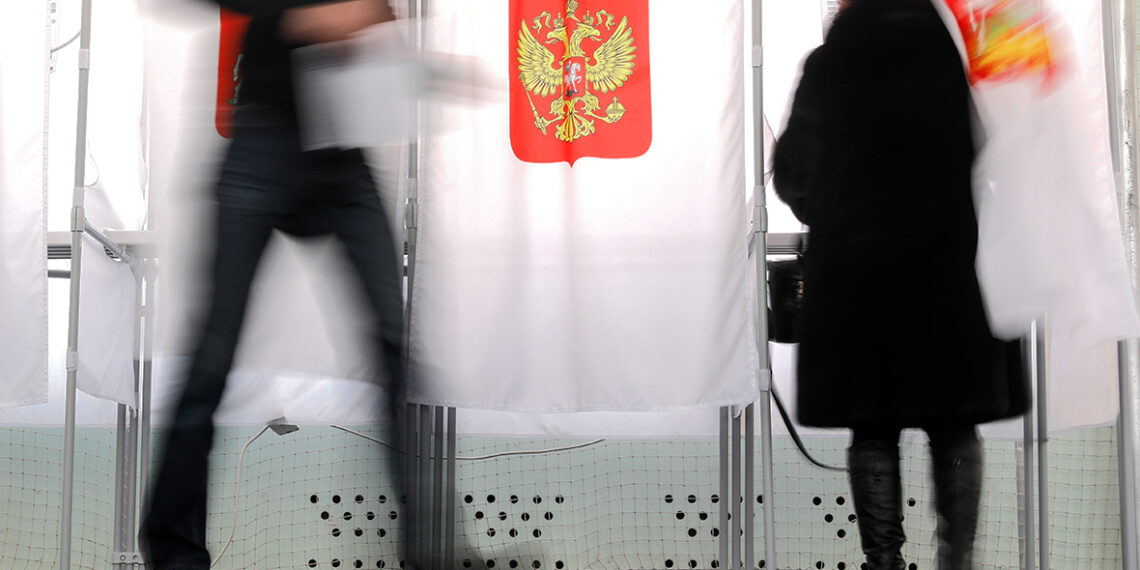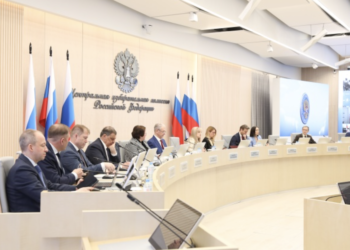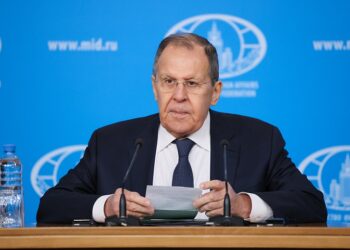MOSCOW (Realist English). When preparing for the presidential election campaign of 2024, governors are prone to seven types of threats that can prevent the achievement of the target results according to the formula of 70% turnout with 75% of votes in favor of the main candidate. This is stated in the author’s report “Hidden threats: what the heads of regions may stumble on during the presidential election campaign”, prepared by the experts of the “Club of Regions”.
Among the threats, the authors highlight:
“Violations in the implementation of national projects create political risks. National projects designed to improve the social well-being of citizens by solving infrastructure problems in most regions become generators of social discontent.
The new proletariat — couriers and other “platform—employed” workers – are becoming the driving force behind mass labor protests. The refusal of trade unions to act as an arbitrator in labor disputes leads to the uncontrolled flow of such conflicts.
The state, promoting digitalization, does not protect against the actions of fraudsters, citizens are sure. Citizens are ready to assign to the authorities and law enforcement officers the responsibility for financial losses from the actions of cybercriminals.
The insufficient pace of school construction, as well as the mass closure of small schools, causes outrage among parents whose children are forced to study in overcrowded classrooms and in “suspended” shifts.
The construction of new hospitals and paramedic and obstetric centers proved insufficient to solve the problem of accessibility of primary care. In addition, in 2022 alone, almost 10 thousand doctors left the state healthcare system.
Housing and communal services reform increasingly resembles a vicious circle: utilities, patching worn-out networks, repeatedly leave residents without light, water and heat, and citizens increasingly disagree with the figures in the bills for the services.
Mass complaints about growing landfills and industrial emissions have a serious potential to turn into civil protests if the regional authorities do not promptly respond to appeals and do not work with enterprises.”


















